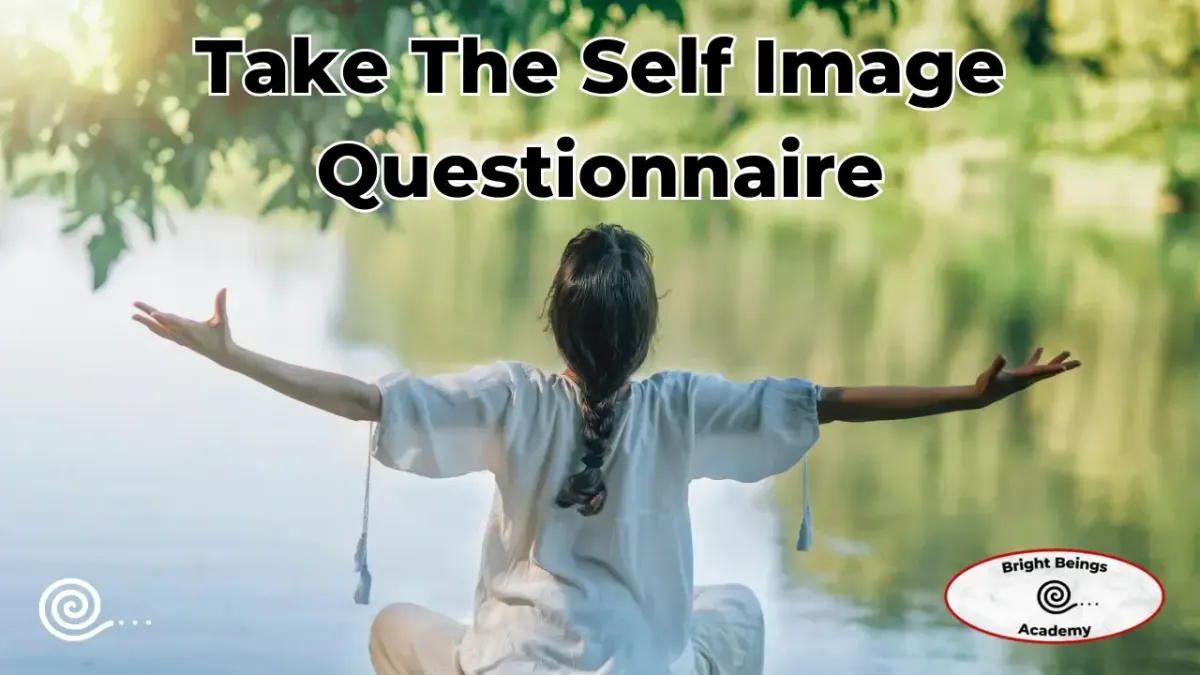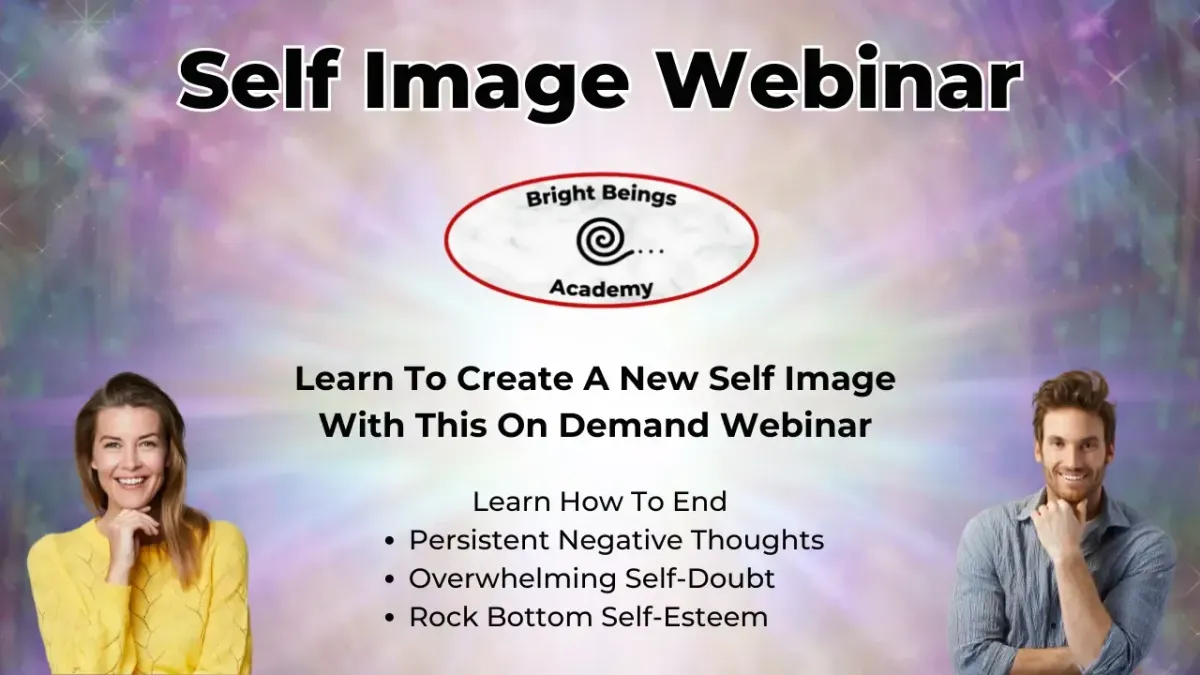Peter Paul Parker's Official Website
Understanding Self-Image
What It Is and How It Shapes Your Life
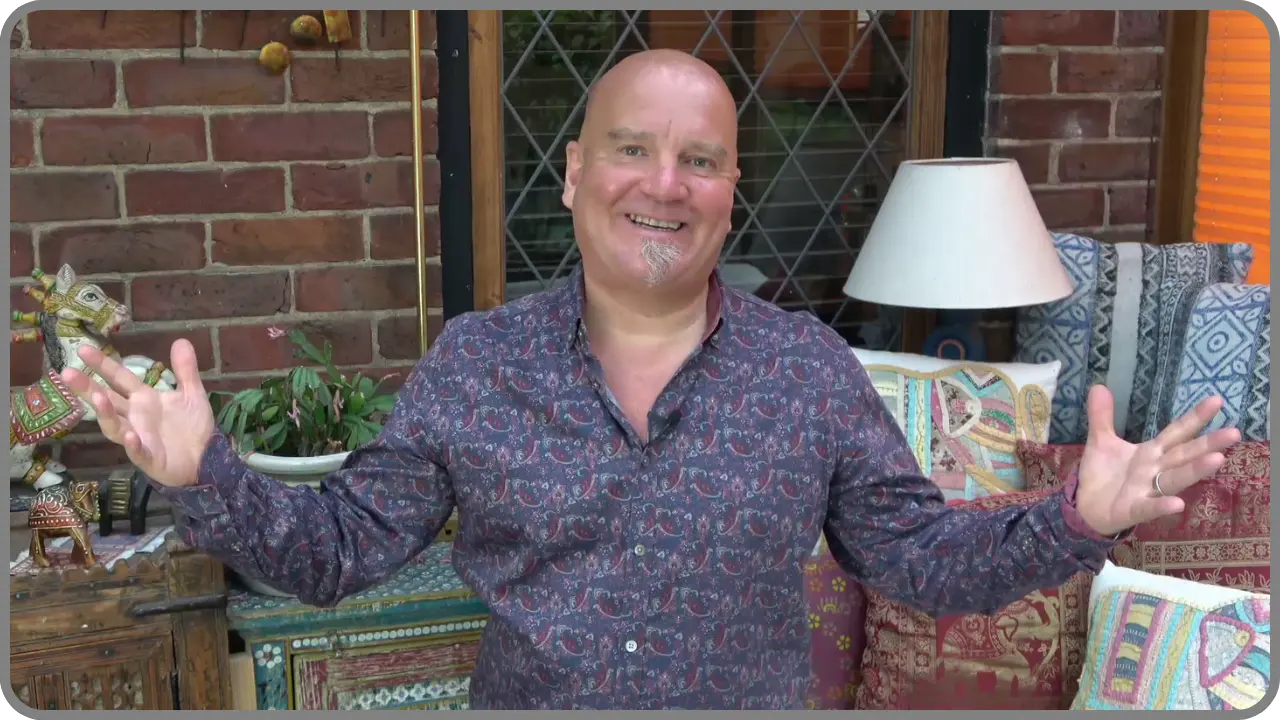
Self-image is the mental picture we hold about ourselves, encompassing beliefs, perceptions, and feelings about our appearance, abilities, and overall identity.
This internal portrait influences how we interact with the world and how we perceive others' opinions of us.
A positive self-image can foster confidence and resilience, while a negative self-image can lead to self-doubt, anxiety, and even depression.
Click the button below for a free self-image webinar.
Understanding Self-Image
What Is Self Image And How It Shapes Your Life?
Self Love Is Not Selfish - Self Love Is Your Foundation

Self-image is the mental picture we hold about ourselves, encompassing beliefs, perceptions, and feelings about our appearance, abilities, and overall identity.
This internal portrait influences how we interact with the world and how we perceive others' opinions of us.
A positive self-image can foster confidence and resilience, while a negative self-image can lead to self-doubt, anxiety, and even depression.
Click the button below for a free self-image webinar.
"With over 15 years experience in the mind, body and spirit arena focusing on self-help and development, I know it is possible to change how you feel about yourself." Peter Paul Parker

The Science Behind Self Image
Psychologists define self-image as a combination of self-esteem (how much you value yourself), self-concept (how you see yourself in various roles), and ideal self (who you aspire to be).
Research shows that self-image is influenced by a mix of internal factors, like personal experiences, and external factors, such as societal standards and media portrayals.
Neuroplasticity, the brain's ability to change and adapt, plays a significant role in shaping self-image. This means that with conscious effort, it’s possible to alter negative self-perceptions and develop a healthier self-image.

Free Self Image Questionnaire
Unleash Your Inner Confidence with Our Self-Image Quiz
Do you feel confident in your own skin? Our Self-Image Quiz helps you assess your self-perception and identify areas where you can boost your self-esteem. By understanding your self-image, you can take steps to cultivate a more positive and empowering mindset. Click the button below to see where you are with your self-image.
Free Self Image Webinar
Self Image is the mental picture you have of yourself. This image is often influenced by what happened to us in the past. And this can really dictate our behaviour patterns.
Self-image is so important. In this free webinar I have prepared for you, I have come up with steps from the Dream Method to show you how to rewrite your self-image so you can break free from the subconscious programming from the past.
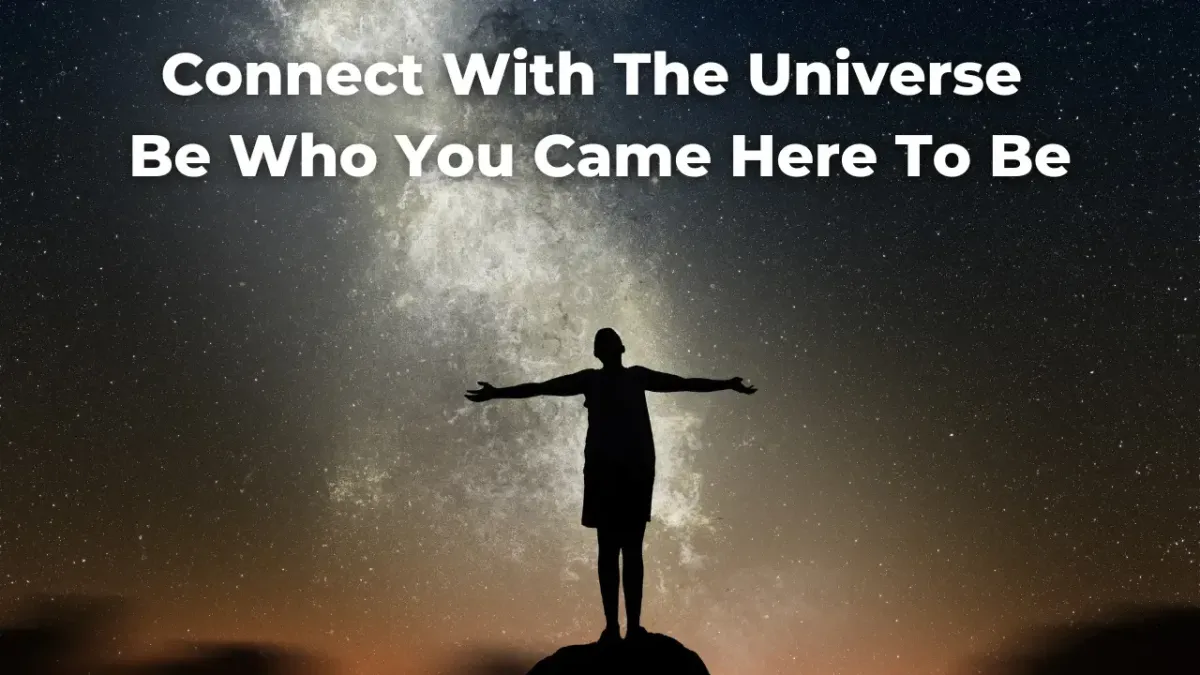
Transform Your Self-Image by Connecting with the Natural Laws of the Universe
In today's fast-paced world, many of us struggle with maintaining a positive self-image. Our self-perception influences our thoughts, behaviours and ultimately, our success and happiness.
The Impact of Self-Image on Your Life
A Positive, Strong Self Image Can Enhance Every Aspect Of Your Life
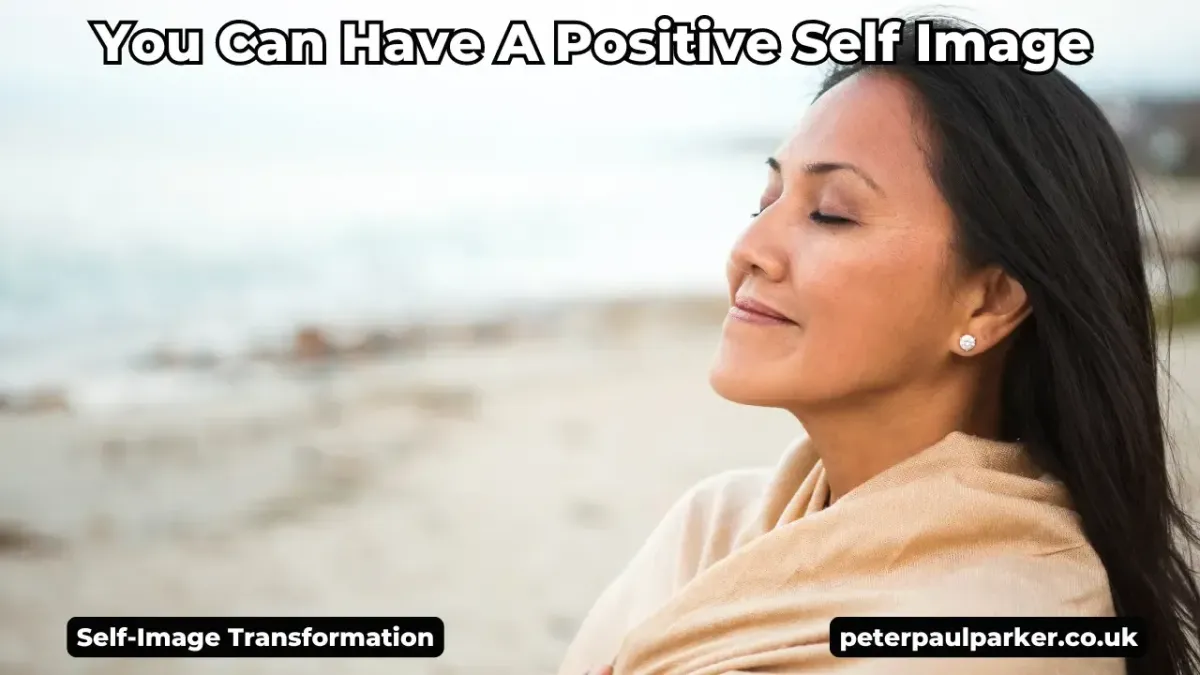
Mental Health: Positive self-image is associated
with lower levels of anxiety and depression.
Social Relationships: How you see yourself affects how you relate to others. A healthy self-image promotes more meaningful and satisfying relationships.
Personal Achievement: Believing in your abilities boosts motivation and the likelihood of achieving personal and professional goals.
Body Image: Self-image is closely tied to body image, affecting how you feel about your physical appearance. A distorted body image can lead to unhealthy behaviours and conditions like eating disorders.

Mental Health:
Positive self-image is associated with lower levels of anxiety and depression.
Social Relationships:
How you see yourself affects how you relate to others. A healthy self-image promotes more meaningful and satisfying relationships.
Personal Achievement:
Believing in your abilities boosts motivation and the likelihood of achieving personal and professional goals.
Body Image:
Self-image is closely tied to body image, affecting how you feel about your physical appearance. A distorted body image can lead to unhealthy behaviours and conditions like eating disorders.
Transforming Your Self Image Through Coaching
The good news is that self-image is not fixed. Through targeted coaching, you can identify the limiting beliefs and negative thought patterns that undermine your self-image. By setting realistic goals and cultivating self-compassion, you can reshape your self-image to align with your true potential. Our coaching program, called the Dream Method, is designed to help you:
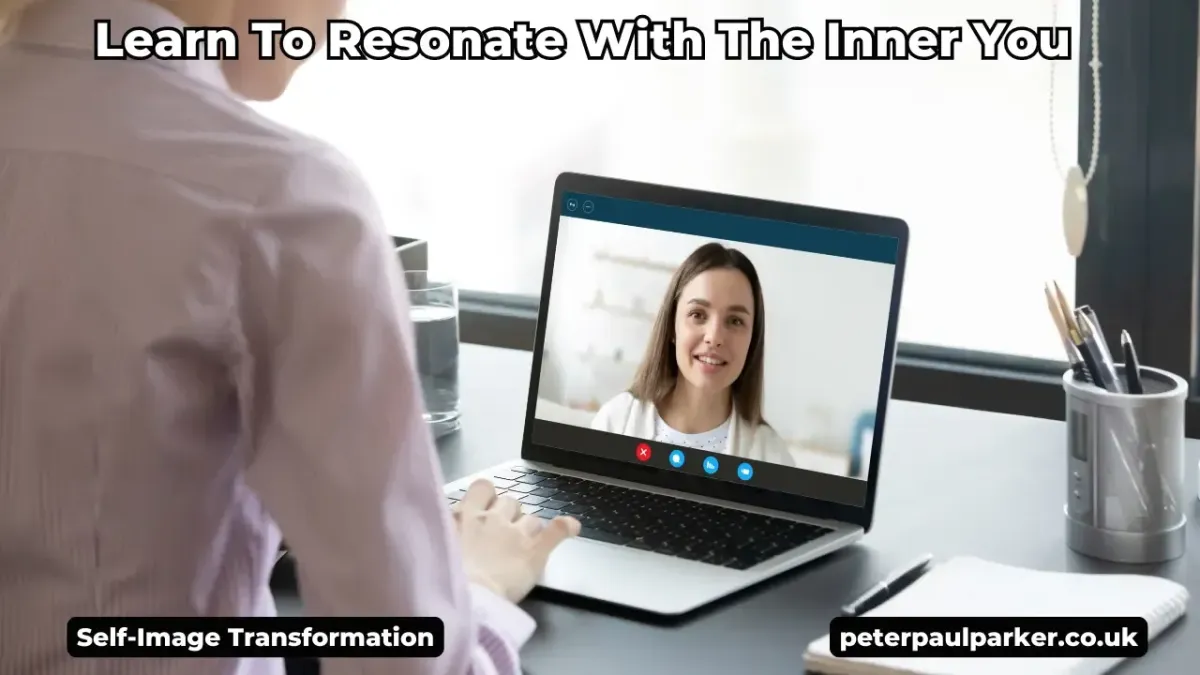
Identify and Challenge Negative Beliefs: We’ll work together to uncover and question the deep-seated beliefs that contribute to a negative self-image.
Develop Positive Affirmations: Replacing negative self-talk with empowering statements can gradually shift your mindset.
Visualize Your Ideal Self: Guided visualization exercises help you create a clear, inspiring image of who you want to become.
Practice Self-Compassion: Learning to treat yourself with kindness, especially in moments of failure or disappointment, is key to maintaining a positive self-image.
FAQ's On Self Image
What is self-image?
Self-image is the mental representation or picture we have of ourselves. It includes our beliefs, thoughts, and perceptions about our physical appearance, abilities, personality, and value.
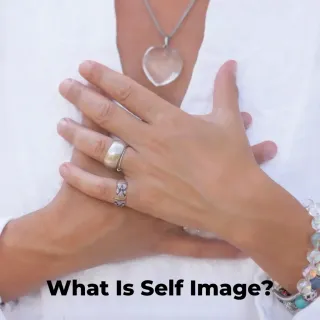
How does self-image affect my life?
Self-image impacts nearly every aspect of your life, from your confidence and self-esteem to your relationships and career success. A positive self-image can lead to greater resilience, motivation, and well-being, while a negative self-image can contribute to issues like anxiety, depression, and social withdrawal.

What factors influence self-image?
Self-image is influenced by various factors, including personal experiences, upbringing, societal and cultural standards, media portrayals, and interactions with others. Internal factors like self-esteem and self-concept also play a role.

Can self-image be changed?
Yes, self-image can be changed. Through self-reflection, coaching, and other personal development practices like Qi Gong, you can reshape negative self-perceptions and cultivate a healthier, more positive self-image.

What is the difference between self-image and self-esteem?How can I start practising self-love?
Self-image refers to the overall perception of yourself, including how you see your abilities, appearance, and personality. Self-esteem, on the other hand, is the value or worth you assign to yourself based on that perception.
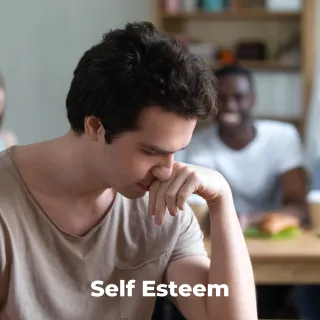
How does body image relate to self-image?
Body image is a component of self-image that specifically relates to how you perceive and feel about your physical appearance. A positive body image contributes to a healthier overall self-image, while a negative body image can significantly harm your self-esteem and self-perception.

What are the signs of a negative self-image?
Signs of a negative self-image include constant self-criticism, low self-esteem, excessive worry about others' opinions, avoidance of social situations, and feelings of inadequacy or worthlessness.

How can I improve my self-image?
Improving self-image involves challenging negative beliefs, practising self-compassion, setting realistic goals, focusing on your strengths, and seeking support through coaching, therapy, or support groups. Positive affirmations and mindfulness practices can also be helpful.

What role does coaching play in improving self-image?
Coaching can provide guidance and support in identifying and changing negative thought patterns, setting and achieving personal goals, and developing a more positive and empowering self-image. A coach can offer tools, strategies, and encouragement tailored to your unique needs.
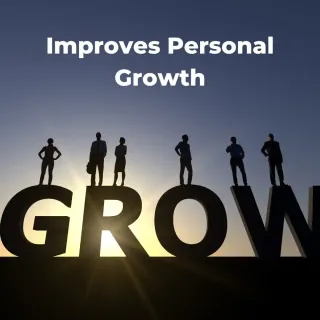
How long does it take to change self-image?
Changing self-image is a gradual process that varies for each individual. It depends on factors such as the depth of existing beliefs, the effort put into personal development, and the support system in place. With consistent effort, many people begin to see positive changes within a few weeks to a few months.
The Dream Method is a 10-week coaching course to guide you through the process of recreating the self-image that resonates most with you.

By focusing on these areas, our coaching course can empower you to transform your self-image, paving the way for a more fulfilling and confident life. Ready to start your journey? Let's work together to reshape your self-image and unlock your true potential.
Testimonials
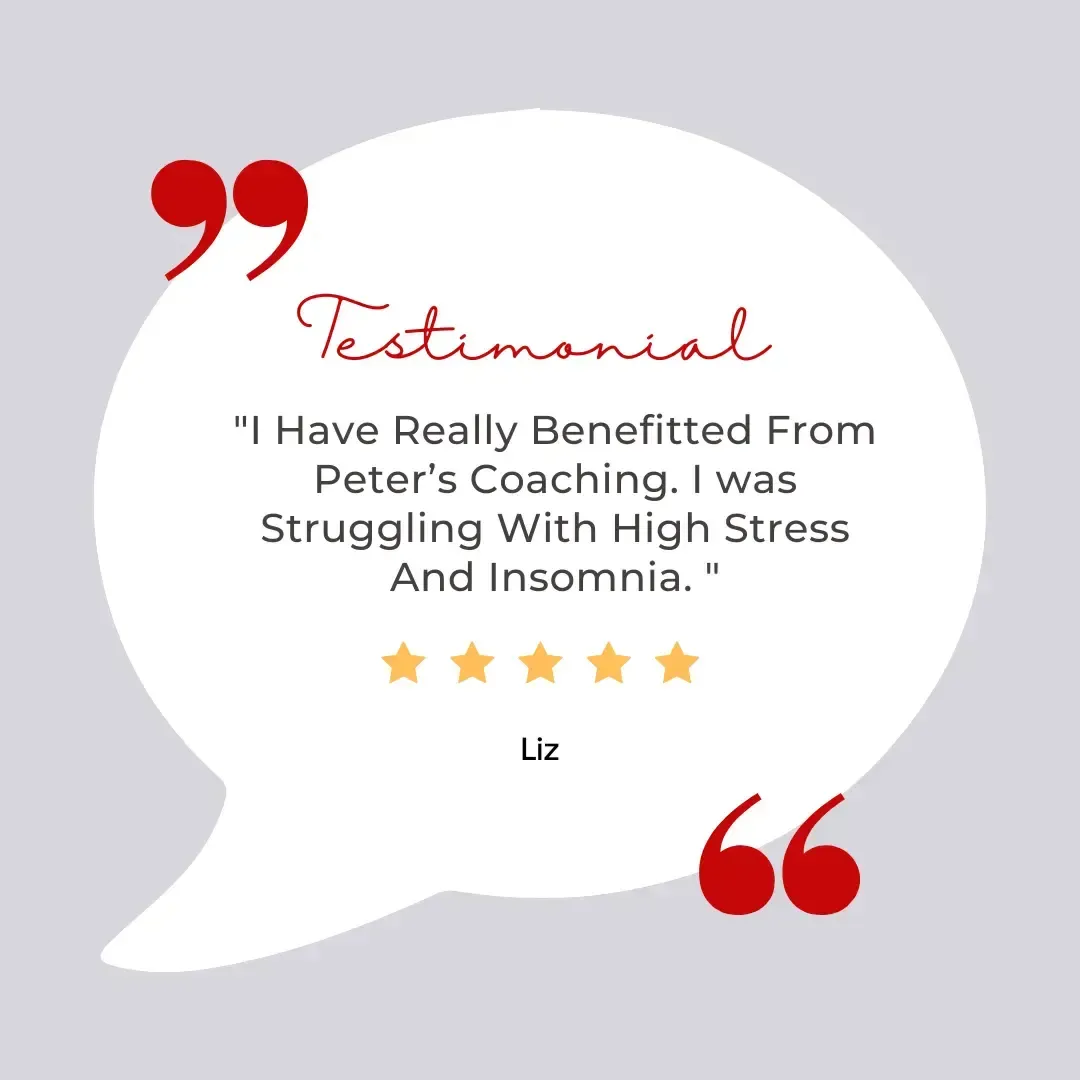


How To Change Your Self Image Paradigm
Changing a deeply ingrained paradigm of negative self-image is like breaking free from a cycle that has held you captive for years.
This cycle often starts with low self-esteem and self-doubt, which are fed by past experiences, emotional wounds from childhood, and conditioning that reinforces a negative perception of yourself.
These factors combine to create a powerful and persistent negative self-image that can seem impossible to escape.
The Cycle of Negative Self-Image
A negative self-image often develops from a young age, shaped by the messages we receive from our environment. Emotional childhood wounds —such as criticism, neglect, or abuse—leave deep scars that distort our self-perception.
As we grow, these wounds are often compounded by the conditioning of the past —cultural norms, societal pressures, and repeated negative experiences that reinforce the idea that we are not enough.
These negative beliefs create a cycle where low self-esteem leads to self-doubt, which then causes behaviours and decisions that reinforce the negative self-image.
For example, if you believe you are not worthy, you may avoid opportunities for growth or connection, which in turn seems to confirm your original belief. This self-fulfilling prophecy keeps you trapped in a negative paradigm, making it difficult to break free.
Breaking the Cycle and Transforming Your Self-Image
The good news is that this cycle can be broken. Transforming your self-image is entirely possible with conscious effort and the right support. Here’s how you can start:
Awareness and Acknowledgment: The first step is recognising the negative cycles and patterns that have shaped your self-image. Acknowledge the emotional wounds and conditioning of the past, understanding that these do not define your worth.
Challenging Negative Beliefs: Begin to question the negative beliefs you hold about yourself. Are they based on facts, or are they remnants of past conditioning? Replace these beliefs with more accurate and empowering thoughts.
Healing Emotional Wounds: Healing is a crucial part of this transformation. This may involve therapy, coaching, or self-reflection to process and release the emotional pain that has contributed to your negative self-image.
Building Self-Compassion: Practice self-compassion by treating yourself with the kindness and understanding you would offer a friend. This helps to counteract self-doubt and build a more positive internal dialogue.
Creating New Patterns: Start making decisions and taking actions that align with a positive self-image. This might include setting boundaries, pursuing goals that reflect your true desires, and surrounding yourself with supportive, positive influences.
Consistency and Patience: Changing your paradigm takes time. Be patient with yourself and recognise that every small step towards a positive self-image is progress. Consistency in these efforts will lead to lasting change.
The Possibility Of Change
The Science Behind Self Esteem And Self Image
It’s important to remember that no matter how long you’ve been stuck in a negative self-image, change is always possible. With determination, the right tools, and support, you can break free from the cycles of the past and create a new, empowering self-image. This transformation will open doors to a more fulfilling, confident, and authentic life.
You have the power to redefine who you are. By taking the steps to heal and reframe your self-perception, you can shift from a place of self-doubt and negativity to one of self-love and positivity. The journey may be challenging, but the reward is a life lived in alignment with your true self.
Here are some studies on self-image and self-esteem that show you that both can be changed.
These studies show you change is possible from within. Watching the free Self Image Webinar will give you the 5 steps to help you see how this is possible.
What We Offer

Personalised Coaching Sessions
Tailored one-on-one sessions focused on your unique journey towards finding the self-image that truly connects with your inner self. Together, we will explore your inner world and cultivate a nurturing relationship with yourself. The Dream Method coaching programme helps you achieve this in only 12 weeks.

Online Resources
Access a wealth of online resources including Qi Gong classes and exercises, guided meditations, self-reflection exercises, and educational articles to support your journey at your own pace.
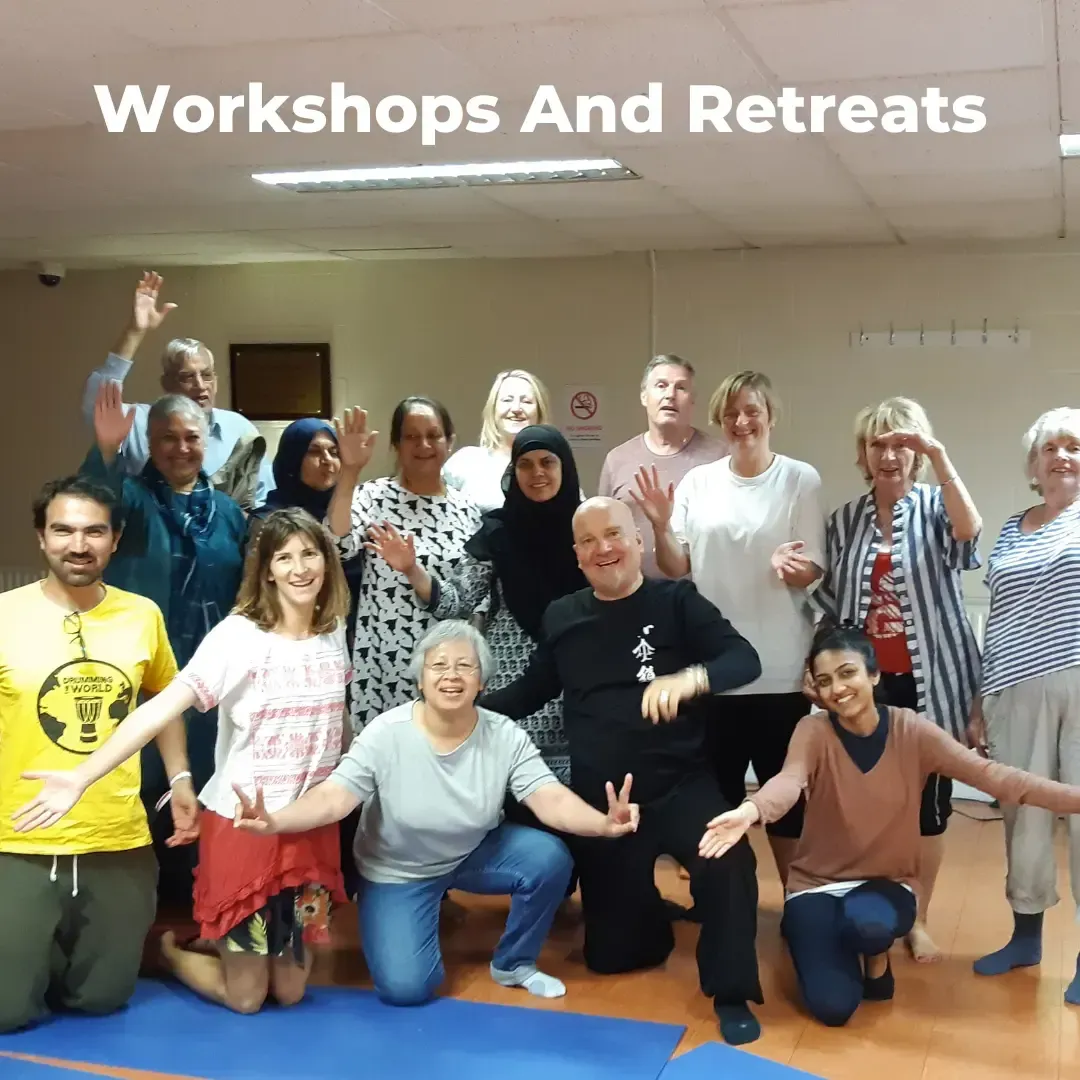
Workshops And Retreats
Join our immersive workshops and retreats designed to deepen your understanding of self-love and equip you with practical tools to integrate these principles into your daily life.
Benefits Of Self Image Coaching
Enhanced Self-Awareness:
Gain clarity on your emotions, thoughts, and behaviours, leading to a deeper understanding of yourself and a greater feeling of your authentic self-image.Improved Mental Health:
Experience reduced anxiety and depression through practices that promote self-compassion and acceptance, building a strong foundation for an amazing self-image.Stronger Relationships:
Build more authentic and fulfilling connections with others by first establishing a loving relationship with yourself. Start with self-love, and see how your other relationships bloom.Increased Resilience:
Develop the inner strength to face life's challenges with grace and confidence.
The Dream Method
The Dream Method is designed for you to break down your preconceptions and limiting belief systems about life, so you can actually learn how to transform your self-image. This can be a very difficult journey. I know personally, because I have taken these steps to heal myself.
After experiencing the loss of my mother at 11 years of age, and then my father at 18 years of age, I realise how difficult it is to function in this world when you have a negative self-image. That is why I have created the Dream Method.
The 5 Steps Of The Dream Method
1. Discover – Everything holding you back - And your root cause for this
2. Realise – Your amazing power to change - And heal the root cause of your problems
3. Embrace – Unleashing the qualities locked inside
4. Actualise – Designing the life you want
5. Master – Sustaining the life you want
Dream Method Testimonial
The Dream Method is a proven system to help you reprogramme your subconscious mind and help you recover from emotional issues from the past.
We have all been conditioned from the past, which is natural, but some of the conditioning has left residues inside of us.
Once you learn to discover them, and heal them, you are then free to tune in your vibration to your highest purpose.
Organisations And People I Have Worked With In The Past
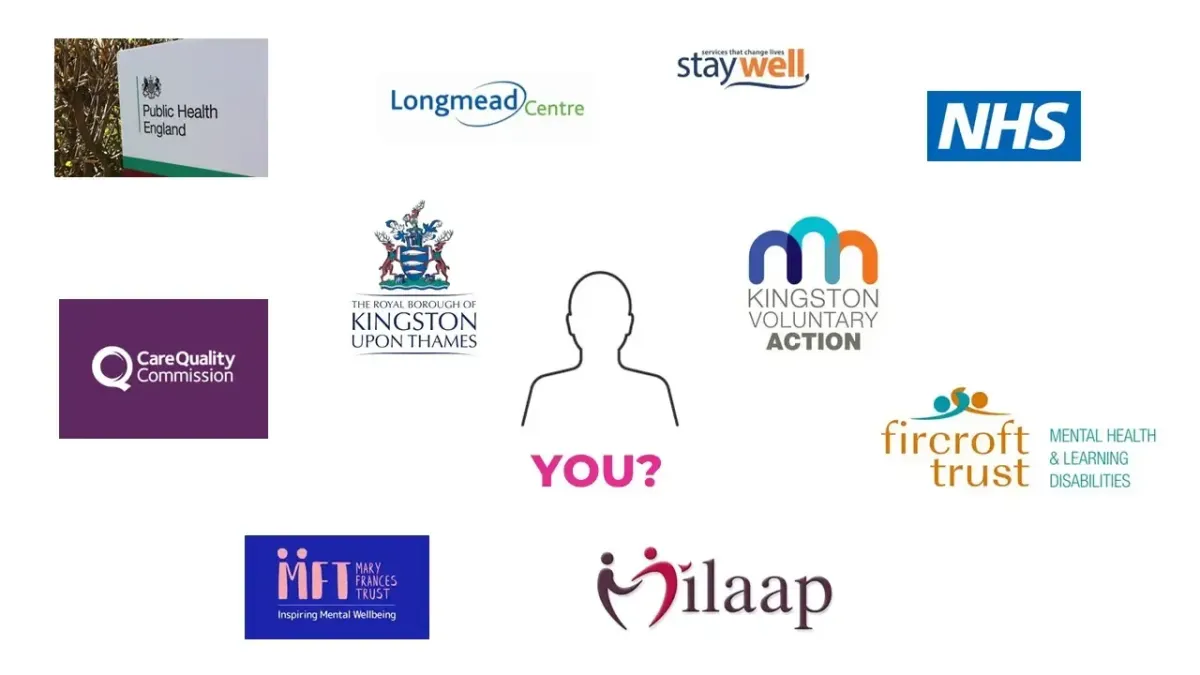
Check Out More Dream Method Testimonials Below
Why I Created The Dream Method
After the traumatic childhood I went through, and the numb and exhausted way this left me, I finally found something that really helped me get back to feeling whole and complete again.
It was quite a journey with lots of soul-searching. And I found many amazing mentors on the way that gave me a deeper understanding of what this life is about. And that deeper understanding made me realise your self-image is one of the most important aspects to any life.
I realised that life is different for everyone. That is one of the reasons I created the Dream Method. Life is not one size fits all. We are all unique, amazing in our own right, and deeply connected to each other.
I realised this deep connection from the work I had been doing on my body, and also studying the Vedic scripts and the Puranas, to help me see this clearly.
We have conditioned souls inside of us. And these are affected by our life experiences. And if these experiences are traumatic and hard to deal with, the soul can actually partly leave the body. So the numb and exhausted feelings set in, and you lose your zest for life.
We can bring our body's connection to our soul back, and this is done through a process called the Dream Method. This can be seen as a spiritual journey, or simply a way of you feeling whole and complete again.
FAQ's On Coaching With Peter Paul Parker
What Is Coaching?
Coaching is a way of helping, guiding and mentoring someone into a place where they want to be. It is a process of transformation that occurs inside of the person being coached. It is a process of building on their strengths and strengthening their weaknesses.
It can be really difficult to see your blocks for yourself, and a good coach will help you find them, and overcome these negative issues inside of you. it can feel like miracles are happening to you when you finally break down the pre conceptions you had about yourself.
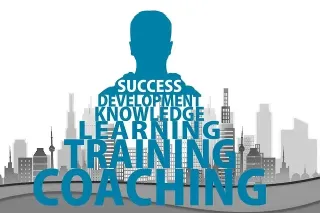
How Does Coaching Work?
First we need to determine where you are at the moment. And then figure out where you want to get to. Finding out what you actually want can be a little confusing, but once we get that clarity, we look at what is stopping you achieving that. And then we can move forward on how to get you there.
I use many techniques and practises I have learnt over the 20 years I have been in the mind body spirit arena. And this knowledge I will share with you freely. I use the TGROW coaching method, as well as the way I was mentored to become a Dahn Master.
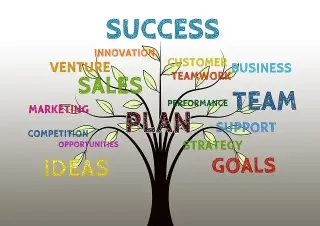
What Can I Expect From A Session?
Coaching sessions usually last for an hour. You will be asked many relevant questions on what you are looking to achieve. You will be doing most of the talking. But that will be easy because you will be talking about yourself, how you feel and how you perceive your current problems.
This is a partnership between you and your coach. It is important to find a coach you can trust. Someone with the empathy to really understand the issues you are going through, and guide you to the solutions.

What Can A Coach Help Me With?
As mentioned on this page, a coach can help you with a variety of issues in your life. I tend to focus on emotional issues that are blocking you reaching your full potential. I tend to focus mainly on helping highly sensitive people, empaths and intuitives, but do something help others, if I feel I can.
Coaching can help with relationships, personal life, business life and work performance.
I do not take on a coaching client if I feel I cannot help them. So best to book a free consultation with me to see if I can help you. It is only fair on you, but also for me also.

How Many Coaching Sessions Will I Need?
That really depends on you and what you want from coaching. For example, I run the Dream Method, which has 12 coaching calls to start with. This is enough time to get to the bottom of where your issues are coming from and find solutions for you to repair your emotional childhood wounds, soothe anxiety and alleviate depression.
Sometimes this is enough. Other times people find that the changes in them have been so profound, they want to keep me on as a coach to help them progress in their work life.

Is Coaching Available Online?
Coaching can be on or offline. The coaching sessions from the Bright Beings Academy are exclusively online. These are conducted via a zoom call. So to actually attend these sessions you will need an internet connection, a screen and a microphone.
Smart phones are ok but not ideal for this kind of coaching.

What's The Difference Between Coaching And Therapy?
Therapy tends to focus on past issues. Coaching tends to look more to the future. But these two ways combined can be very profound.
Once you have healed any issues from the past, this enables you to freely pursue what you want out of life. Old emotional wounds that trigger you can be one of the biggest blocks for you. And these can be identified quite quickly, and then be navigated past to free you up to get on with where you want to take your life.

You Can Learn This Transformational Process
Fear Into Love
Anger Into Peace
Sadness Into Joy
A Journey Of Transformation
Whether you choose me as a mentor or a guide, or go elsewhere, I wish you all the best. I genuinely want the best for human beings as we go through what I would call a very dark time in human history. And there is an amazing reason for that. You can actually see very clearly what you do not want in your life.
You will also come to the conclusion that when you establish a true, authentic self-image, everything else will fall into place.
And this clear vision actually starts to make it easier for you to choose what you do want.
Choose well. And as my mentor used to say, 'If you make the right choice, with every choice, you are enlightened.'
You can find it this lifetime. So keep going. Believe me, it is worth it.
Be well and keep shining.
Peter. :)
Scientific References On Self Image
Leary, M. R., & Baumeister, R. F. (2000). The nature and function of self-esteem: Sociometer theory.
Advances in Experimental Social Psychology, 32, 1-62.
Cash, T. F. (2004). Body image:
Past, present, and future. Body Image, 1(1), 1-5.
Dweck, C. S. (2006).
Mindset: The New Psychology of Success. Random House.
More Articles On Self Image
Rewriting Your Self Image:
Your self-image is how you see yourself. It's the picture you have in your mind about your abilities, how you look, and what kind of person you are. It's like the story you tell yourself about who you are. This story lives in your mind and affects everything you do, from talking to friends to the dreams you want to achieve.
Overcoming Self Doubt And Fear:
Self-doubt and fear are universal experiences that can hinder us from achieving our goals and living fully. These emotions can act as barriers, holding us back from pursuing opportunities or embracing change. Understanding their root causes and learning strategies to overcome them are vital steps toward personal growth and empowerment.
Self Esteem Improvements:
Self-esteem is more than just a buzzword—it’s the foundation of how we view ourselves and interact with the world. At its core, self-esteem is a measure of your personal worth, encompassing how much you value and like yourself. It influences how you react to criticism, failure, and success, shaping every aspect of your life, from relationships to career decisions.
Personal Growth:
Personal growth is the ongoing process of developing your skills, behaviours, and mindset to create a more fulfilling and purposeful life. It’s about striving to become your best self by improving in areas that matter most to you.
Inner Critic Versus Inner Coach:
Have you ever noticed that little voice in your head constantly judging and criticising you? For many of us, this “inner critic” has become an unwelcome companion, one that chips away at our self-esteem and confidence. It’s the voice that magnifies our mistakes, highlights our flaws, and whispers words of doubt and fear.
Emotional Balance:
Emotional balance is the art of managing and regulating our emotions effectively, no matter what life throws at us. It’s about finding equilibrium, where neither negative nor positive emotions overwhelm us or hinder our ability to make sound decisions.
Conscious Living:
Conscious living is about embracing life with awareness, intention, and self-reflection. In today’s fast-paced world, many of us operate on autopilot, reacting to circumstances rather than thoughtfully engaging with them. Conscious living shifts this pattern, empowering us to lead more fulfilling, balanced, and purposeful lives.
Emotional Resilience:
Life is full of ups and downs, but what determines how we respond to these challenges? The answer lies in emotional resilience—the ability to adapt, recover, and grow stronger in the face of adversity.
Overcoming Fear:
Fear is a natural human emotion. At its core, it protects us from danger, ensuring our survival. However, when fear becomes excessive or irrational, it can prevent us from reaching our potential. Whether it's fear of failure, rejection, or losing control, these feelings often tie back to how we see ourselves—our self-image.
Self Sabotage:
Self-sabotage is a common yet often misunderstood behaviour that can prevent us from achieving our goals and living a fulfilling life. Whether it’s procrastination, negative self-talk, or fear of failure, self-sabotage can affect our work, relationships, and personal well-being.
Copyright Peter Paul Parker 2023 <<< ✺✺✺✺✺✺✺✺✺✺✺✺✺✺✺✺✺✺✺✺✺ >>> Terms And Conditions - >>> Privacy - Linked In - YouTube - Facebook -
Copyright Peter Paul Parker 2023 <<< ✺✺✺✺✺✺✺✺✺✺✺✺✺✺✺✺✺✺✺✺✺ >>> Terms And Conditions - >>> Privacy - Linked In - YouTube - Facebook -
